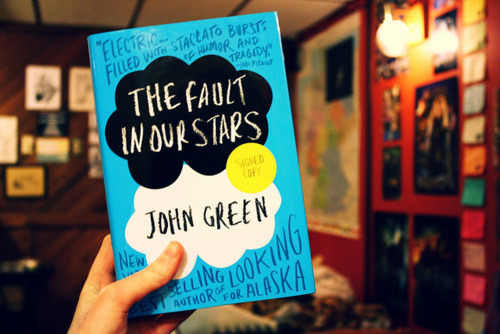by Mohammad Askarian, extracted from theentrepreneur.com
Resolving to adopt a lifestyle of integrity is a decision that will affect all aspects of your daily pursuits — your activities on a personal level as well as on behalf of your family and business. It all starts with the desire to take a self-inventory to discover needs you’re not currently fulfilling in your life and then deciding to take actions to change this.
First and foremost, this process involves declaring an intention that you follow through on with appropriate commitments and actions. Here are some suggested steps to set you on your way:
1. Make promises and keep them. A promise is the first part of a decision, a responsibility that you have chosen to take on. When you do not follow through on your promises, you have lost focus and may fail at fulfilling your responsibilities. Be sensible in maintaining and fulfilling your obligations in a timely manner.
Also remember that there is enough time for you devote moments for yourself and to spend occasions with family and loved ones. Enjoy life before overcommitting to tasks that take you away from how you would like to enjoy your life.
- Be honest in all your communications. Exercising integrity in your communications means saying what you are going to do and then doing so. People understand that life is filled with challenges. When you provide honest communication to others about your obligations and why something can (or can’t) happen in the time frame promised, they will most likely understand. Try to not overcommit to please others. This will lead to a loss of integrity and failed relationships.
3. Keep yourself and your environment clean and organized. This begins with the recognition that you are the core of your business. It’s difficult to exercise influence in the other areas of your life if you don’t make the time every day to be self-aware of your environment.
Do the little things that you have been meaning to do for yourself. When is the last time that you made time to read a book? What happened to that project you started three years ago and never finished? What’s the fate of the one thing you’re passionate about but have been too busy to do while making a living?
Organize the clutter and clear your slate by getting rid of the things around you that detract from your focus. Look at the papers around your desk, mail on the table and tidy up (and discard) the extra things scattered in your home that you have always thought to rid yourself of.
4. Stay focused. Have you ever noticed when your personal care vanishes that everything around you starts to slip as well? Finding the balance in your life to maintain yourself, your household and your business is difficult. I have found that making lists and setting alarms on my phone or online calendar keep me on track even when the clock tries to get the best of me. Notifying people important to you (friends, family and colleagues) of your commitments will help keep you accountable.
5. Allow for the proper influences. To increase your integrity, surround yourself with people you admire. If you don’t feel you can engage personally with people of influence, read books or listen to motivational seminars to help raise your awareness in the right direction. What you feed your mind affects what you project outward. Your integrity in life is affected by your inputs.
The intention here is for you to build self-awareness but not for undue self-scrutiny or judgment. You don’t need to be perfect and it is OK to make mistakes. Commit to make decisions to set things right or just start over again. Decide to make these commitments in these small ways and you’ll find yourself improving your integrity and strengthening relationships.



